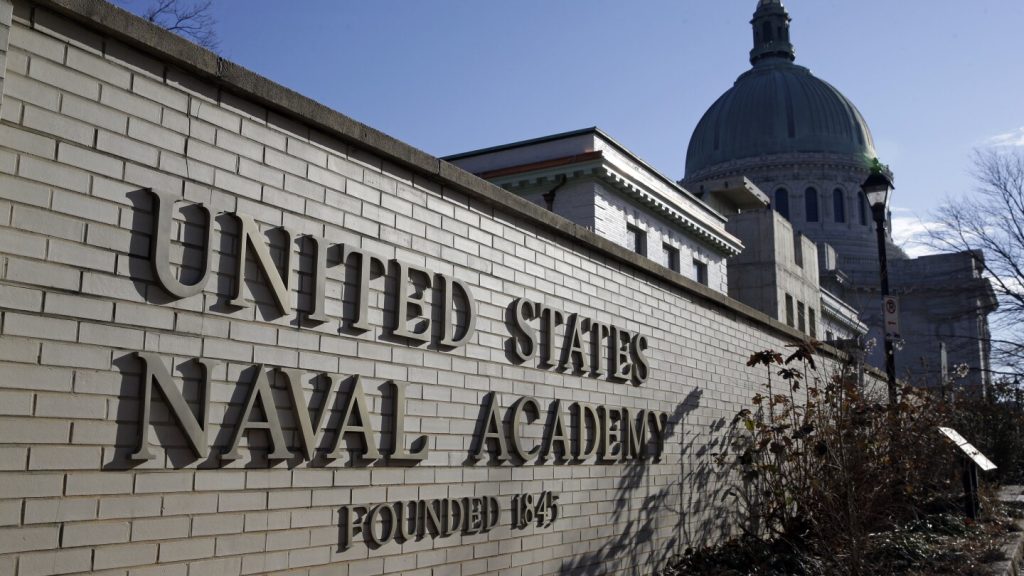Attorneys for the U.S. Naval Academy are arguing that the officer training school should be allowed to continue using race as an admissions factor to prioritize diversity in the military, as it makes the organization stronger, more effective, and more widely respected. This comes amid an ongoing civil trial in Maryland, where the group Students for Fair Admissions, founded by conservative activist Edward Blum, is challenging the exemption granted to military academies following a U.S. Supreme Court ruling that prohibited the consideration of race and ethnicity in college admissions.
The trial in Baltimore federal court has seen witness testimony from current and former high-ranking military officials who hold varying opinions on how race affects the experiences of servicemembers and the military as a whole. Some, like Lt. Col. Dakota Wood, a retired Marine Corps officer, argue that racial and ethnic diversity are irrelevant in creating a cohesive and effective fighting force. Others, like Capt. Jason Birch, a former Navy SEAL commander, stress the importance of having diverse military leaders to reflect core American values and set an example for future generations of minority servicemembers.
The Naval Academy’s current admissions process considers various factors, including grades, extracurricular activities, life experience, and socioeconomic status. While race may not always play a role, it is sometimes considered in a limited fashion. The plaintiffs in the case argue that race should not be a factor in defense strategy or college admissions, and that cohesion should arise from factors like training and command structure. They claim that prioritizing minority candidates is unfair to qualified white applicants and that diversity should be achieved through other means.
During the trial, experts for the plaintiffs presented potential alternative admissions models that would focus on an applicant’s socioeconomic status instead of race. They argued that given the nation’s history of discrimination against racial minority groups, such a focus would yield similar results in terms of diversity and identify candidates who have overcome adversity. However, most of the models presented showed that the percentage of white students would increase and minority representation would decrease under their proposed strategies.
Data presented during the trial showed slightly lower graduation rates among some minority groups at the Naval Academy, including African Americans. Attorneys for the academy countered the plaintiffs’ arguments by stating that removing race entirely from the admissions equation would put the Navy at risk of repeating past mistakes. They highlighted the military’s history of racial tension and the importance of having diverse leadership to avoid jeopardizing national security. The bench trial is expected to conclude soon, with the outcome likely to be appealed regardless of the ruling.


